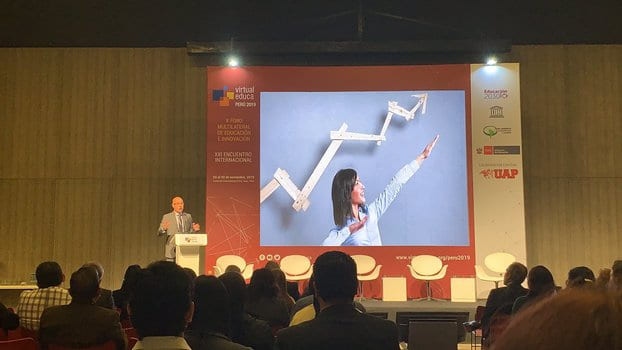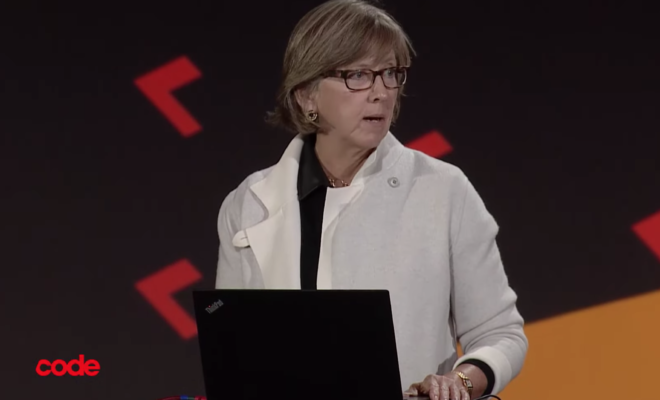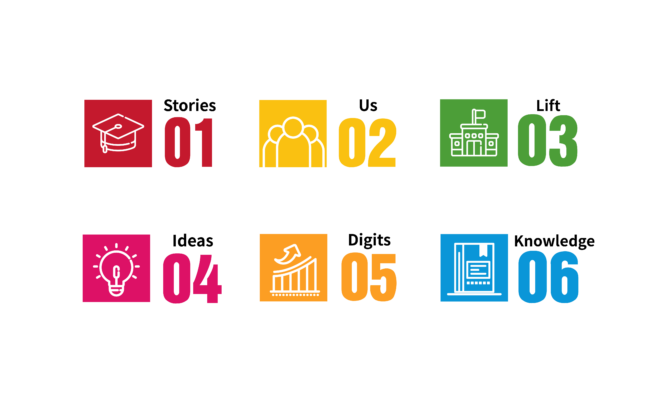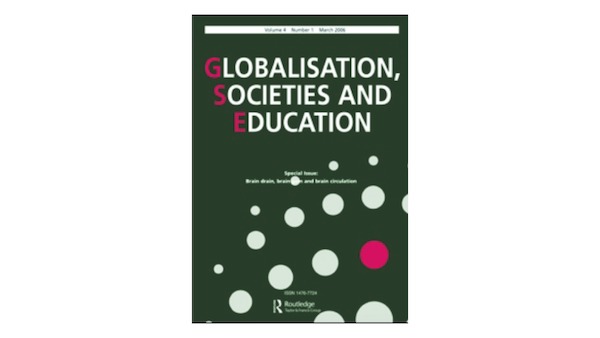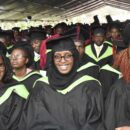Two on-line subjects to obtain a high school diploma: a pioneering measure from Canada | El País

March 2, 2022 | ByJaime Porras Ferreyra
The Canadian province of Ontario is at the forefront of the use of new technologies in learning, amid criticism of haste and lack of preparedness
Ontario, Canada’s most populous province, is betting heavily on the use of new technologies in learning. On February 1, the Ministry of Education launched an online high school course description website.This platform is particularly relevant, as the province has made it a requirement for students graduating from high school in the 2023-2024 academic year to have taken at least two such courses in order to obtain their high school diploma (…)
The initiative faces some technical imbalances and a critical sector of parents, teachers and centers, which ask, among other things, to delay its implementation. In fact, parents against the measure can request in writing at the beginning of the course that their children are exempt. All in all, the measure puts Ontario’s education system at the global forefront in this area. “It is about broadening the horizon of opportunity by ensuring that everyone acquires the skills required to take advantage of online education. In short, it’s an innovative measure that will probably soon be imitated by other countries,” predicts Francesc Pedró, director of Unesco’s International Institute for Higher Education in Latin America and the Caribbean. He adds: “It’s a simple idea: if every citizen completes secondary school with an online education experience, then he or she will have developed the skills that will enable him or her to use it whenever he or she wants or needs it in the future”.
Free translation by UNESCO IESALC
Read the full text on El País (only in Spanish)
RELATED ITEMS

